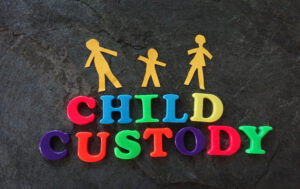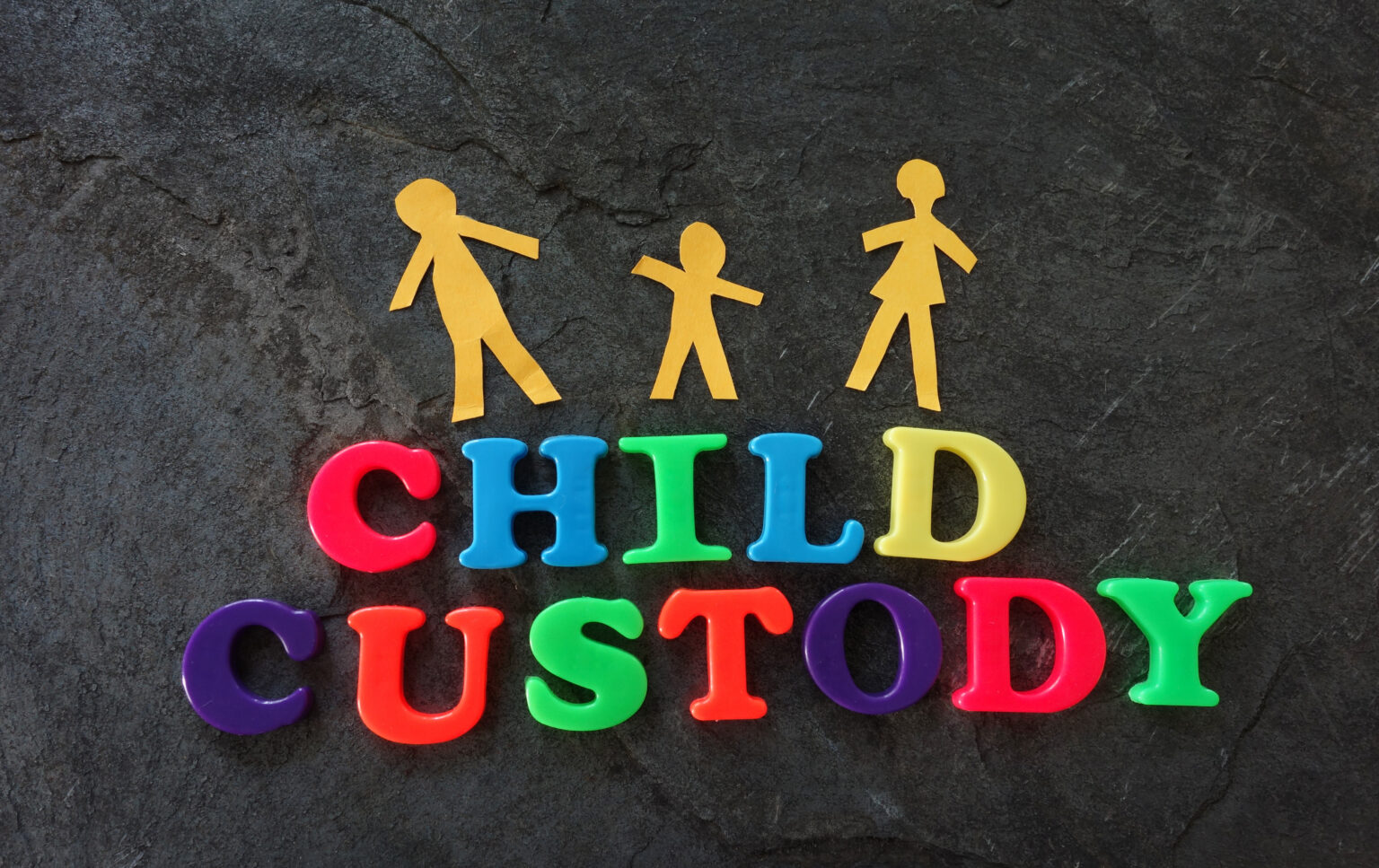
When getting a divorce, it’s imperative to be prepared for how your children will be impacted by the coming changes.
Impending custody arrangements that’ll result from the divorce can raise many questions—will your child live will you? Will you be able to make important decisions for your child? Who gets custody?
If you don’t know what to expect from your divorce in regards to child custody, you should prepare yourself by knowing your rights. Having a basic understanding of how these decisions are made can help you navigate the legal process and work with your attorney to secure the best custody outcome for everyone.
Here’s what you can expect and what your rights are as a parent.
You Have the Right to Seek Full or Partial Custody
Don’t assume that just because you’re a mom with a full-time job or a dad who left the household that you don’t have the right to seek custody. You absolutely do. If you and your spouse separate, you both can petition the court to award joint custody or sole custody.
For unmarried parents, the mom is usually awarded sole custody unless the dad takes action. This isn’t so for a divorce—a father has just as much right as a mother to seek custody of the children in a divorce.
Although there are many other aspects that are often going on during a divorce, such as division of assets and selling of property, don’t let your children’s custody arrangements get lost in all of the proceedings. Know your rights and fight for custody of your children, even if it is only partial.
You Must Reach an Agreement or the Court Will Decide
Typically, an attempt to resolve the custody dispute will be made outside of the court. What this means is that you and your spouse will have a chance—either through your attorneys or a professional mediator—to come to an agreement about who will have the kids on what days as well as who the children will primarily live with.
If child custody and visitation cannot be agreed upon by both parties it’ll be decided by the court. It’s usually beneficial if the parents can reach an agreement outside of court, as the court’s decision may not be what both parties wanted.
If you and your spouse cannot agree on custody and visitation rights, the court will decide on an agreement for you. This same method is true for many aspects of a divorce. For the best outcome, have your attorney communicate with your spouse’s attorney, or if all else fails, consult a mediator to help you resolve your differences.
Custody Is Not Automatically Awarded to One Parent
Contrary to what some people think, one parent is not automatically awarded custody of the children during a divorce.
Although it’s different for unmarried couples, during a divorce, the mother can’t gain sole custody of the child without an evaluation of the other parent. Gender is usually not the focus here—the child’s best interest is. If you’re a father, you have as much of a right as your child’s mother to have custody and visitation rights.
It’s important to note that if you or your spouse are unable to care for your child, a relative or family friend could petition to have custody, otherwise known as guardianship. You and your spouse would be notified of such a petition in the event that this happened.
For the best chances of getting at least partial custody after your divorce, don’t leave the household until things are settled. This could hurt your chances of getting custody later and the court may see you as an unfit parent.
Know the Different Types of Custody
Knowing the different types of custody that are usually involved during a divorce can help you be more prepared for the process.
Fortunately, courts usually award custody to both parents, which is called joint custody. There are different types of joint custody, which includes both physical custody and legal custody.
Physical custody involves where the child will live and where he or she will spend time. Legal custody involves making decisions for the child—such as where he or she will go to school, any medical decisions, and other decisions when raising a child.
You both may agree to have joint legal and physical custody. There is also the chance that the judge would appoint sole custody to just one parent, which happens in cases where evaluation of the other parent finds that parent unfit.
Determining who gets custody of your children during a divorce can feel extremely stressful. Know what your rights are and try your best to come to an agreement with your former spouse. With the help of an experienced attorney, you can navigate the divorce proceedings and secure what’s best for your child and your family!



